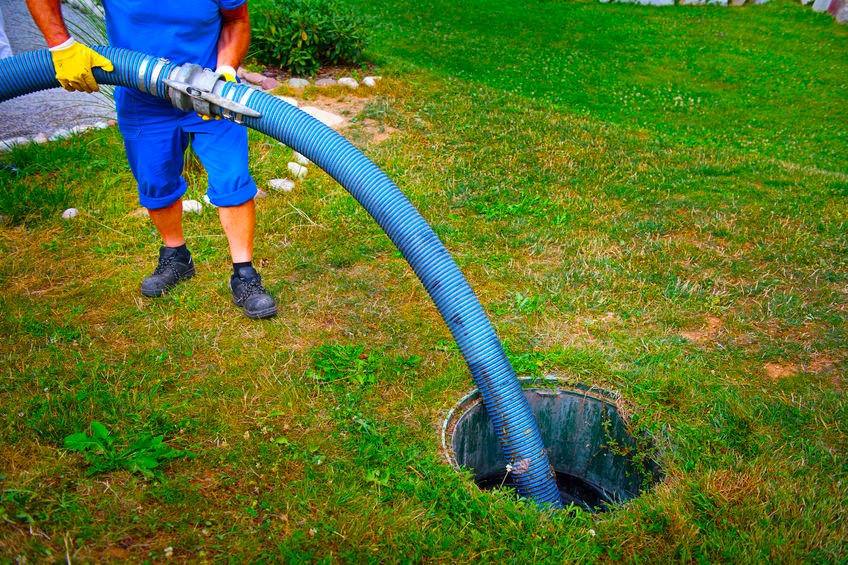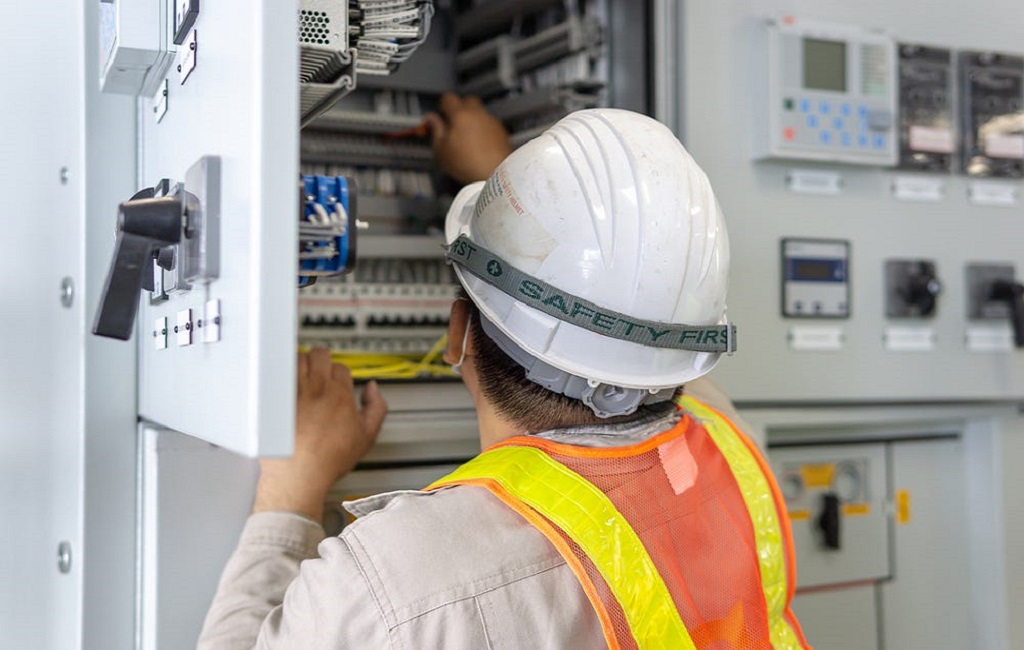Painting walls can be a time-consuming and tiresome task, but with the right tool in hand, the process can become a breeze. Enter the paint sprayer for walls, a game-changing device that offers efficiency, speed, and a professional finish. In this article, we’ll explore the top contenders for the title of the best paint sprayer for walls, helping you make an informed decision for your next painting project.
Factors to Consider When Choosing a Paint Sprayer
Power and Performance:
Look for a sprayer with sufficient horsepower and pressure to handle different types of paints and coatings.
Nozzle Options:
The sprayer should come with various nozzle sizes for different applications, such as broad coverage or precise detailing.
Adjustable Settings:
Opt for a paint sprayer that allows you to adjust the spray pattern, flow rate, and air pressure to match your project’s requirements.
Portability and Ergonomics:
Consider the weight, handle design, and overall maneuverability of the sprayer, especially for extended painting sessions.
Maintenance:
Look for sprayers with easy-to-clean components and straightforward maintenance requirements.
Graco Magnum X5 Stand Airless Paint Sprayer
The Graco Magnum X5 is a popular choice for homeowners and DIY enthusiasts. It boasts a lightweight design, easy setup, and adjustable pressure control. With its stainless steel piston pump, it can handle various materials, including unthinned paints. The X5’s flexible suction tube allows for uninterrupted painting, even when the sprayer is tilted. It’s a reliable and versatile option for small to medium-sized wall painting projects.
Wagner Spraytech Control Pro 170 High-Efficiency Airless Paint Sprayer
The Wagner Spraytech Control Pro 170 offers high-efficiency airless technology, ensuring a professional finish with minimal overspray. Its 515 HEA (High Efficiency Airless) reversible tip allows for precise control and excellent coverage. The sprayer’s integrated digital display and pressure control system make it easy to adjust settings for different painting tasks. With its powerful motor and lightweight design, the Control Pro 170 is suitable for both interior and exterior wall painting projects.
Fuji 2203G Semi-PRO 2 – HVLP Spray System
If you prefer HVLP (High Volume Low Pressure) systems, the Fuji 2203G Semi-PRO 2 is an excellent choice. It features a professional-grade HVLP turbine system that delivers a fine finish and minimal overspray. The non-bleed spray gun provides adjustable fan control and allows for easy cleaning. The Fuji 2203G is a reliable option for professionals and enthusiasts who value precision and craftsmanship in their wall painting projects.
HomeRight Power Flo Pro 2800 C800879 Airless Paint Sprayer
The HomeRight Power Flo Pro 2800 is a budget-friendly option that doesn’t compromise on performance. Equipped with a ½ HP motor and an adjustable pressure control knob, it offers versatility for various painting tasks. This sprayer comes with a reversible tip for easy unclogging and maintenance. While it may not have all the bells and whistles of high-end models, the Power Flo Pro 2800 provides a cost-effective solution for homeowners looking to tackle their wall painting projects.
FAQs
What is the best paint sprayer for walls?
The best paint sprayer for walls ultimately depends on your specific needs and preferences. However, some highly recommended options are the Graco Magnum X5 Stand Airless Paint Sprayer, Wagner Spraytech Control Pro 170 High-Efficiency Airless Paint Sprayer, and Fuji 2203G Semi-PRO 2 – HVLP Spray System. These sprayers offer a combination of power, performance, adjustable settings, and ease of use, making them popular choices among homeowners and professionals alike.
Are airless paint sprayers or HVLP systems better for wall painting?
Both airless paint sprayers and HVLP systems have their advantages for wall painting. Airless paint sprayers, like the Graco Magnum X5 and Wagner Control Pro 170, are known for their high-speed performance, ability to handle thicker paints, and wide coverage. They are ideal for larger projects and exterior walls. On the other hand, HVLP systems, such as the Fuji 2203G Semi-PRO 2, offer precise control, fine finishes, and reduced overspray. They are popular for interior walls and projects that require meticulous detailing. The choice between the two ultimately depends on your specific project requirements and personal preferences.
Can I use any paint sprayer for wall painting, or are there specific features to look for?
While many paint sprayers can be used for wall painting, it’s important to consider certain features to ensure the best results. Look for a sprayer with adjustable settings, such as spray pattern, flow rate, and air pressure, to match the size and type of your walls. Ensure that the sprayer comes with suitable nozzle options for broad coverage or precise detailing. Additionally, consider the power and performance of the sprayer to handle different paints and coatings effectively. Finally, portability, ease of cleaning, and overall ergonomics are also factors to consider, especially for extended painting sessions. By selecting a paint sprayer with these features in mind, you can achieve professional-looking results with ease and efficiency.
Conclusion
Finding the best paint sprayer for walls can significantly enhance your painting experience and deliver professional results. Consider factors such as power, nozzle options, adjustability, portability, and maintenance when making your decision. The Graco Magnum X5, Wagner Spraytech Control Pro 170, Fuji 2203G Semi-PRO 2, and HomeRight Power Flo Pro 2800 are all top contenders worth considering. Choose the one that best fits your needs and get ready to transform your walls with ease and efficiency. Happy painting!










